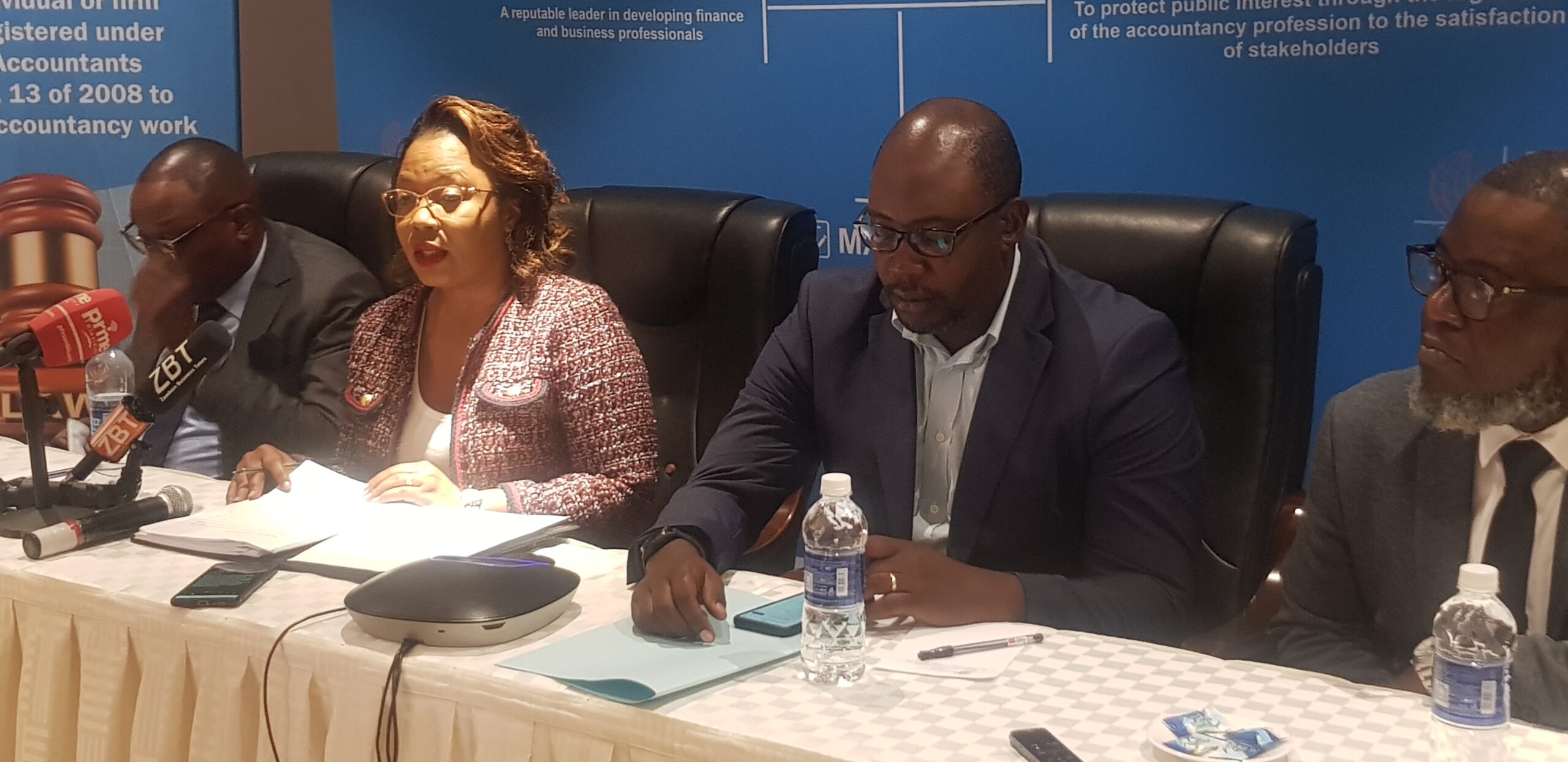
By Jeff Kapembwa
The drought buffeting Zambia, reversing projected bumper harvest of maize and affecting over 6 million people, children left vulnerable to hunger and malnutrition is a clarion call for Zambia to devise durable laws that calls for resilience and mitigation measures against humanity and the environment as the crisis remains a long term problem.
The United Nations, Britain, United States, Ireland, World Bank and various players empathise with Zambia’s plight and have moved forward with various forms of assistance to militate the drought and compliment the Government’s interventions in reversing losses.
The Zambia Institute of Accounts (ZICA), while commending the unwavering efforts by the Government in redressing the effects of the climate crisis spurred by the El Nino weather effects says the durable option now and for the future is to legislate and build a fortress against climate change before the next of the year in collaboration with other interest groups for ultimate and durable solutions and avert a recur.
“The effects of climate change cannot be ignored, as none of us are immune. In this regard we implore the Zambian Government to ensure that the Climate and Sustainability bill is enacted into law before the next COP at the end of the year. “says ZICA President, Yande Mwenye.
The absence of the law for a durable climatic solution was a barrier and should be expedited without further delay, given the evidenced based developments including the loss of over 1.1 million of the 2.2 million hectares of land planned with maize and planned for harvest in the 2023/24 season that wilted.
“Our firm belief is that, as long as we do not have the Climate and sustainability Bill signed into law we will not fully enjoy the benefits. “
ZICA commends President Hakainde Hichilema’s Government for unwavering stance over the El Nino-induced disaster ravaging the agriculture sector and the various –stop-gap measures initiated to mop up maize stocks in various parts of the country, while seeking durable solutions to save the people affected under a declaration of the drought a national disaster and emergency.
The ZICA President notes some of the countervailing measures initiated by the Government in redressing the effects of the drought-both long and short term including food supply, importation of electricity and rationing energy use.
It calls for mobilisation of farmers across the country to embark on planting early maturing and winter maize through various forms of irrigation. Enhancement of water harvesting mechanisms to enable precision and other irrigation development to stimulate agricultural production.
Water harvesting mechanisms and innovation is to be encouraged as this will help reduce dependence on rain fed agriculture, are all measures that mean well, but are bound to be ineffective as they are not supported by law.
ZICA further sought harmonization and streamlining legislation of the carbon trading in the market and calls for full-compliance in all sectors of our economy for ultimate beneficiation from the natural resource through carbon credits for instance.
The is an urgent call for the Ministry of Green Economy to table the bill for enactment for lawmakers for ultimate beneficiation from the untapped natural resource, which despite its abundance in rural parts of the country, many locals stand aloof for want of an inclusion.
Zambia has issued carbon credit guidelines to ensure that trade and regulation of carbon markets which meets international standards and best practices but also benefits local communities that own
The Guidelines issued by the Minister of Green Economy and Environment seeks to ensure that trade and regulation of carbon markets in the country does not only meet international best practices but also benefits local communities that own the natural resources.
